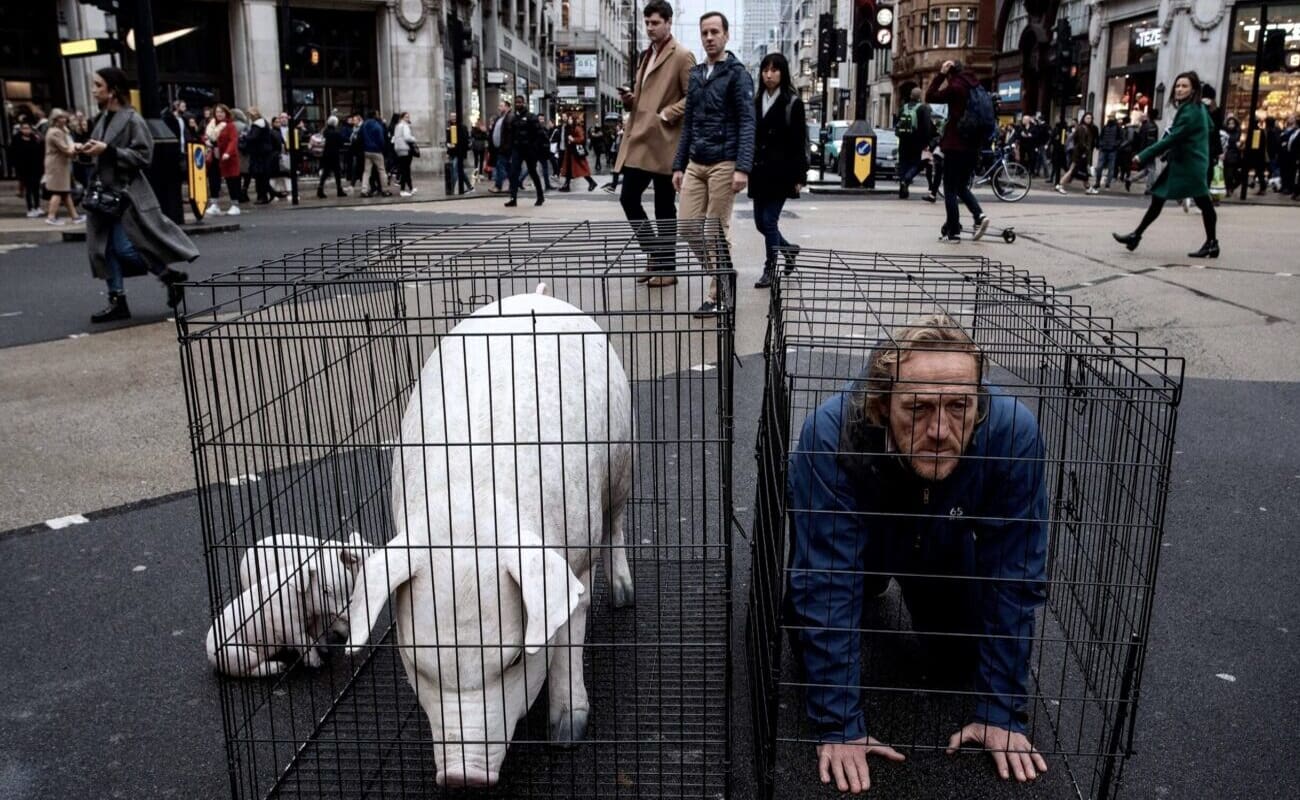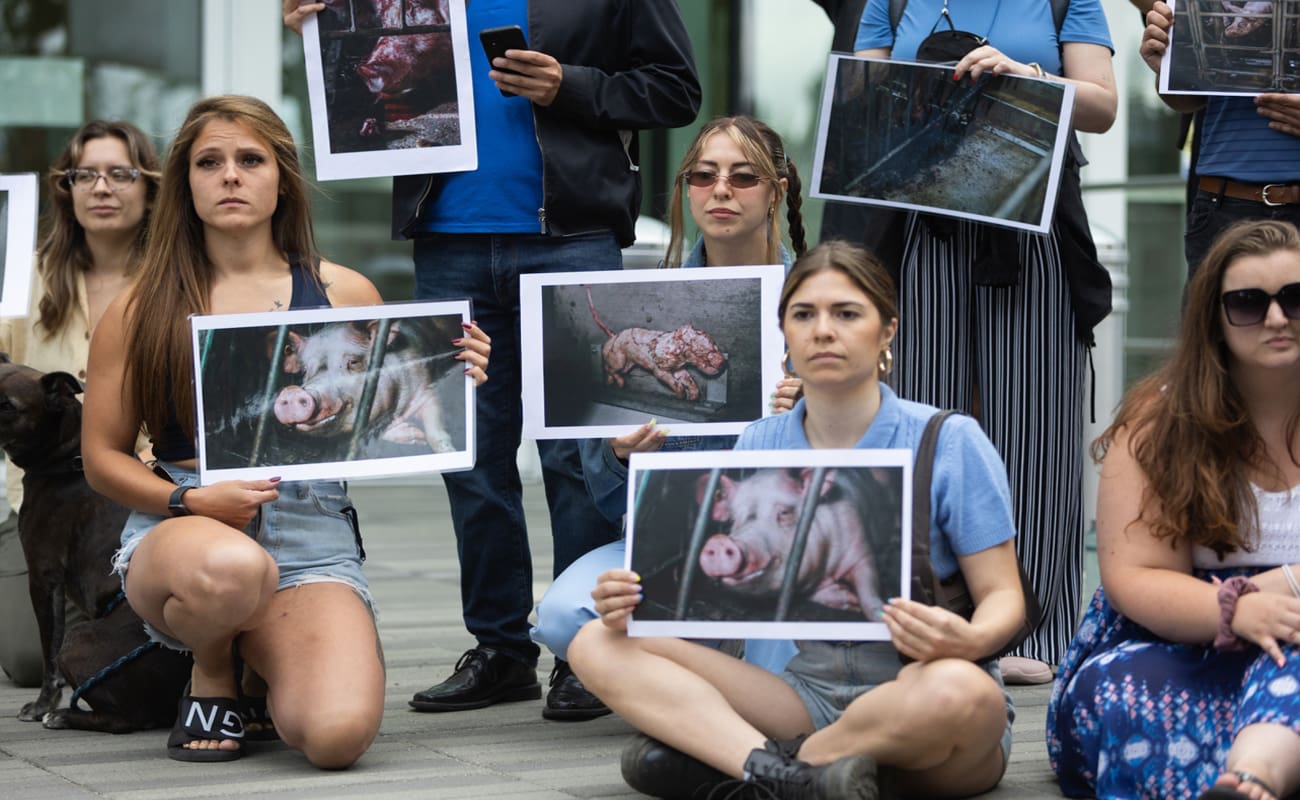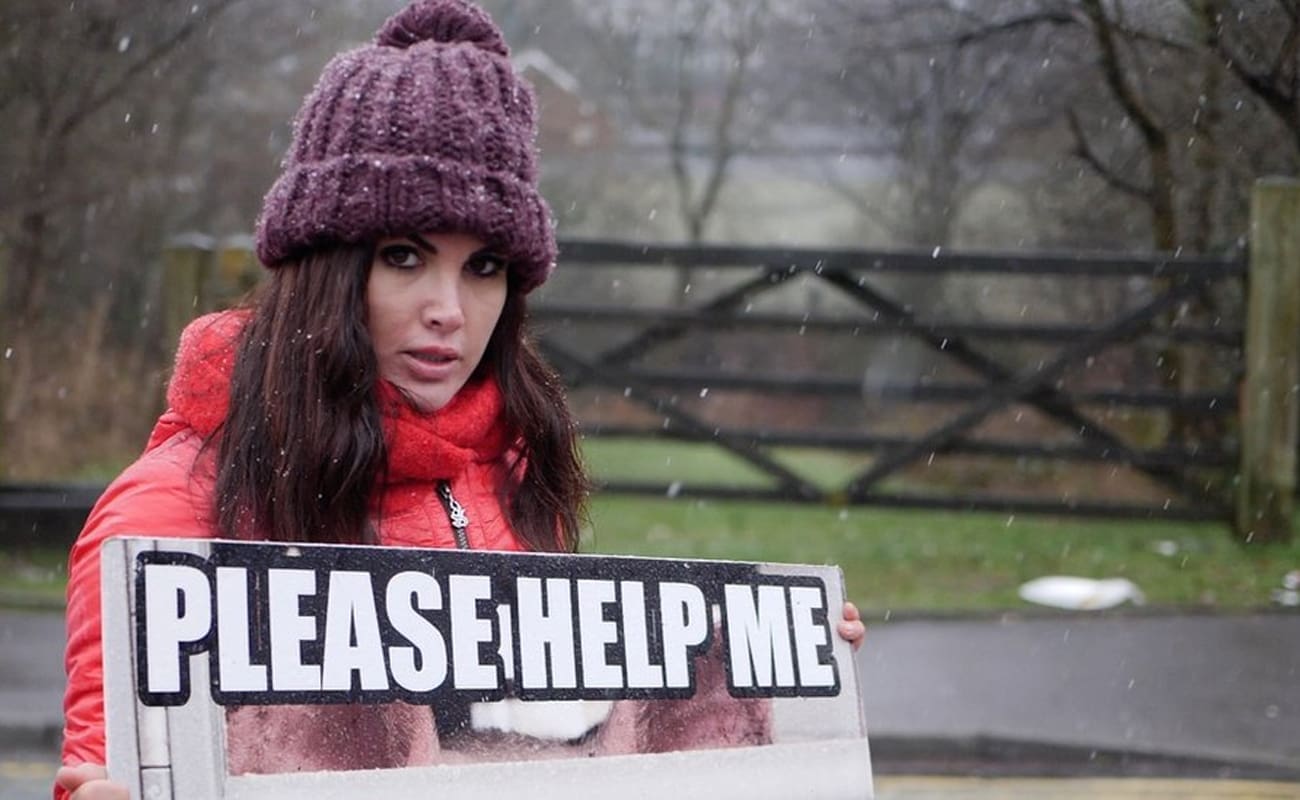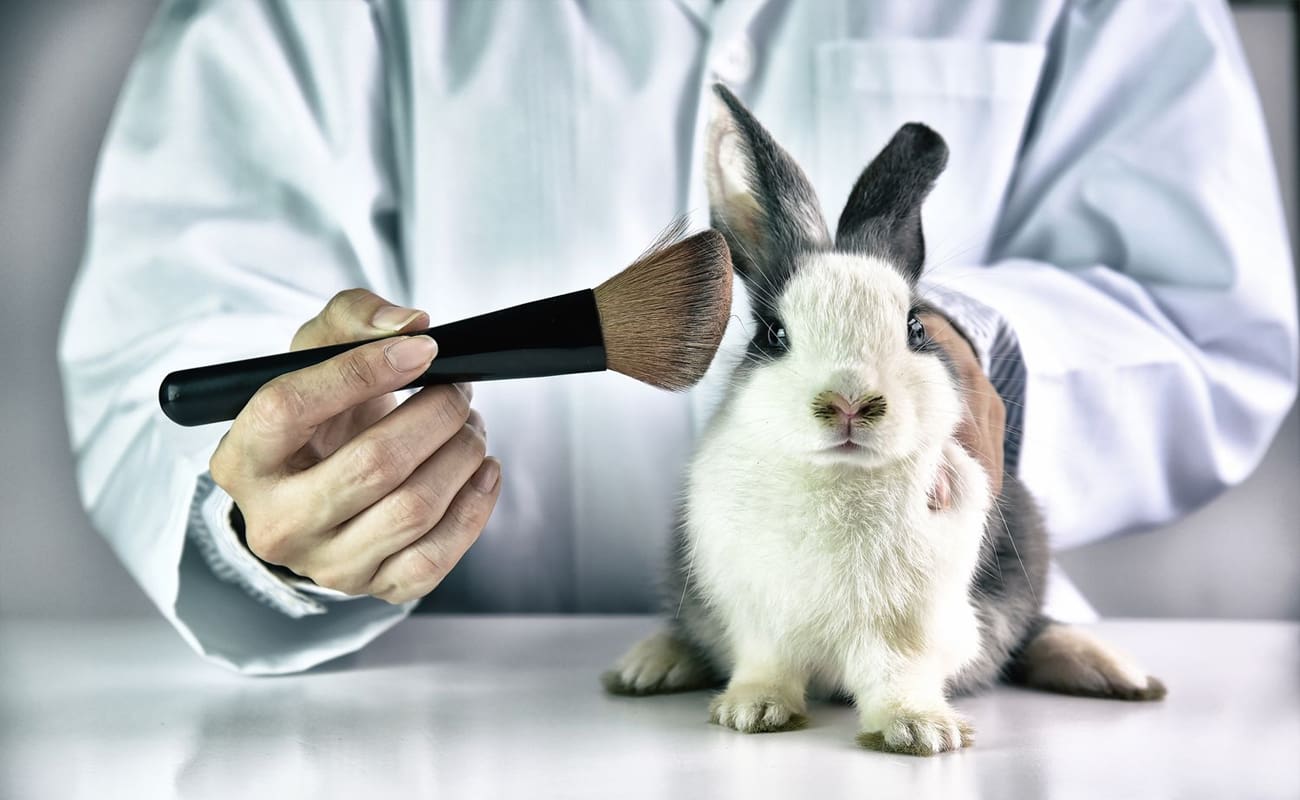Advocacy is about raising voices and taking action to protect animals, promote justice, and create positive change in our world. This section explores how individuals and groups come together to challenge unfair practices, influence policies, and inspire communities to rethink their relationship with animals and the environment. It highlights the power of collective effort in turning awareness into real-world impact.
Here, you’ll find insights into effective advocacy techniques like organizing campaigns, working with policymakers, using media platforms, and building alliances. The focus is on practical, ethical approaches that respect diverse perspectives while pushing for stronger protections and systemic reforms. It also discusses how advocates overcome obstacles and stay motivated through persistence and solidarity.
Advocacy isn’t just about speaking out—it’s about inspiring others, shaping decisions, and creating lasting change that benefits all living beings. Advocacy is framed not only as a response to injustice but as a proactive pathway toward a more compassionate, equitable, and sustainable future—one where the rights and dignity of all beings are respected and upheld.
Animal cruelty is not just a matter of animal welfare; it’s a critical issue with deep psychological and societal implications. The link between animal abuse and mental health challenges, such as anxiety, depression, and trauma, underscores the need for greater awareness and action. Understanding how acts of cruelty affect perpetrators, victims, and witnesses reveals the far-reaching consequences on emotional well-being while exposing patterns like the cycle of violence that perpetuate harm across communities. By addressing these connections through empathy, education, and early intervention, we can create a more compassionate society where both humans and animals are protected from suffering


























































